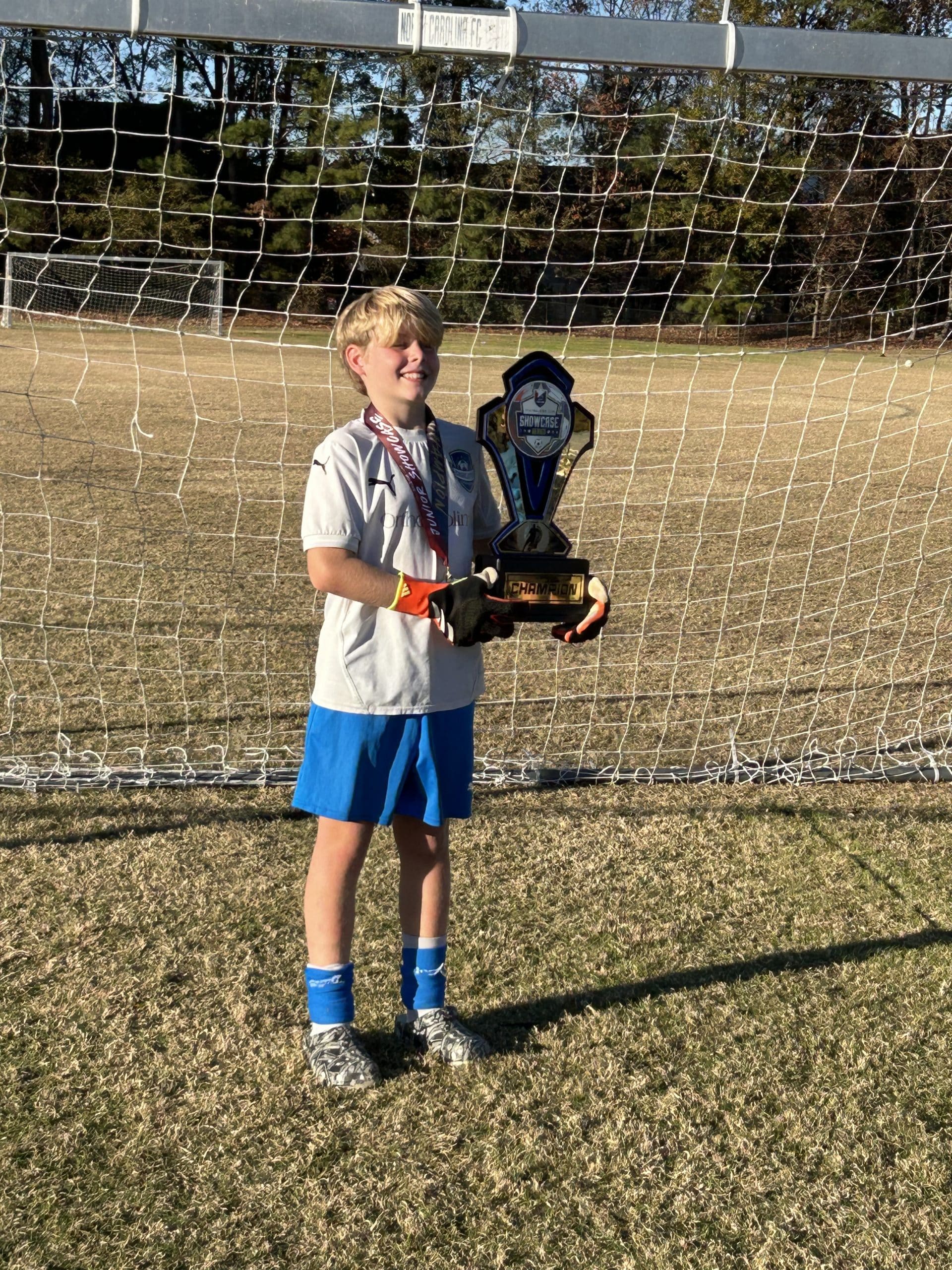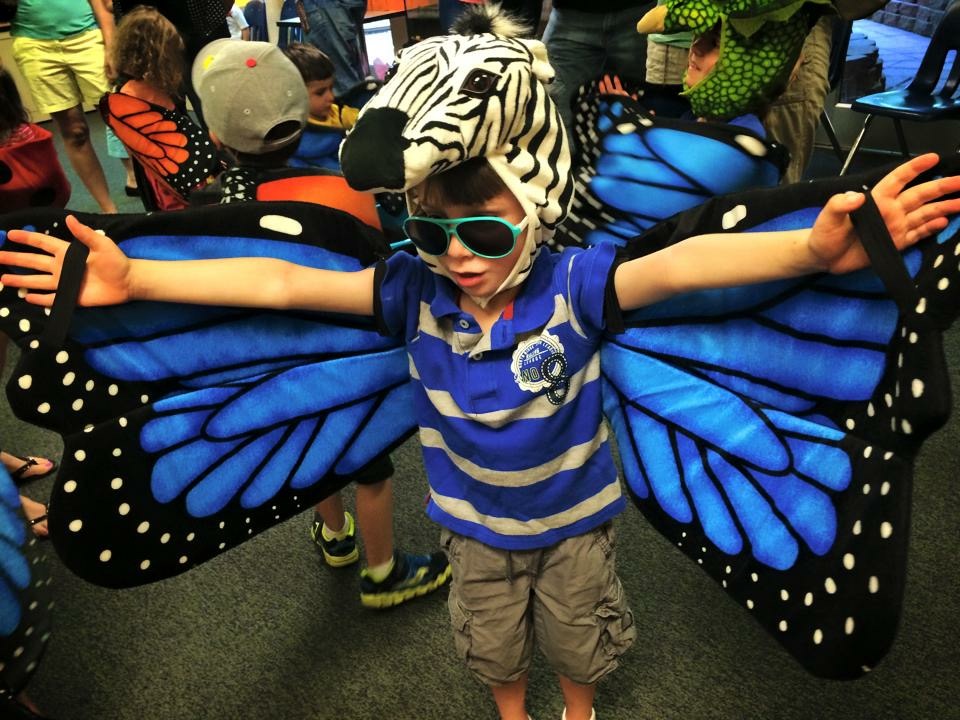Helicopter parents are becoming a thing of the past. There is currently a movement of anti-helicopter parents. They are also referred to as ‘no rescue’ parents or the ‘free range movement’. They want to teach children to be independent and self-reliant.
Anti-helicopter parents are the opposite of controlling parents. It’s a new trend in today’s parenting skills that focus on getting children to think for themselves. These parents give children the space needed to make their own mistakes. One type of anti-helicopter parents is out to keep children from continuously forgetting things they need. They refuse to deliver material needed for school when their child accidentally leaves something behind. They want to instill responsibility in their children.
When we constantly ‘do’ for children, we take away the opportunity for them to develop personal responsibility. Children do not get to learn from their mistakes when we cater to their adsent-mindedness. All they learn is that a parent will fix a problem and will always be there to rescue them. Most anti-helicopter adults should only use the method when there is excessive forgetfulness. After all, we all occasionally forget.

Why Schools Prefer Anti-Helicopter Parents
When students forget their homework, or something they need for school, they will more than likely be reprimanded by teachers. In letting this happen, it teaches them an important lesson. There are consequences. It is better, as a parent, to remind a child to check the book bag before going out the door. Also, remind children to check their schedule and assignment book to see what they will need to get ready for the next day.
It is great when parents are involved in homework assignments. This contributes to a student being well prepared. Preparation makes students perform better. Parents must be aware when too much is too much. Overdoing and over controlling the homework assignment starts to have a negative effect on a student’s performance and his/her ability to take responsibility. Students learn from mistakes. Empathy goes a long way. The purpose of educating is to instill personal responsibility.
When students and children are in a safe environment they learn best. This environment allows for mistakes and forgetfulness. How we respond to our children has everything to do with them being valued as human beings. As parents and educators, we must keep the dignity of every child. Teach methods that help children grow into responsible adults. Be empathetic so they will learn empathy.




